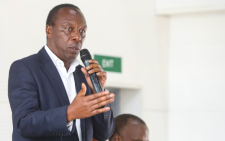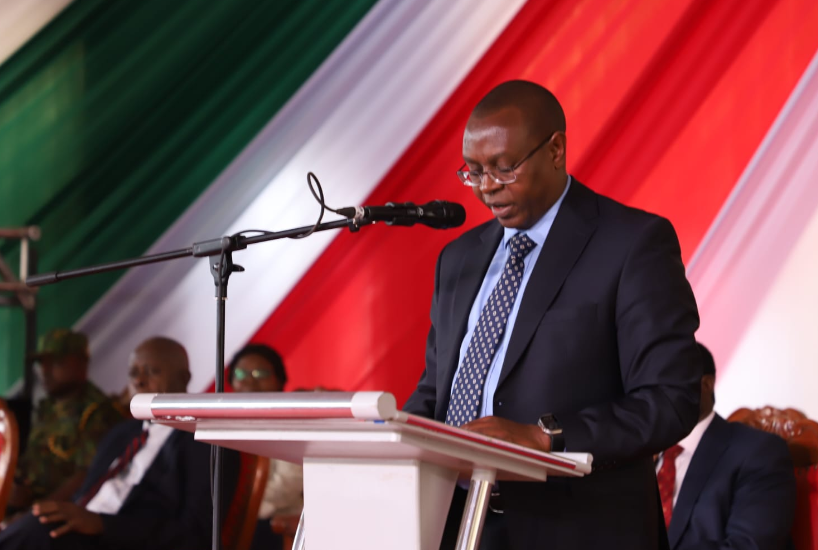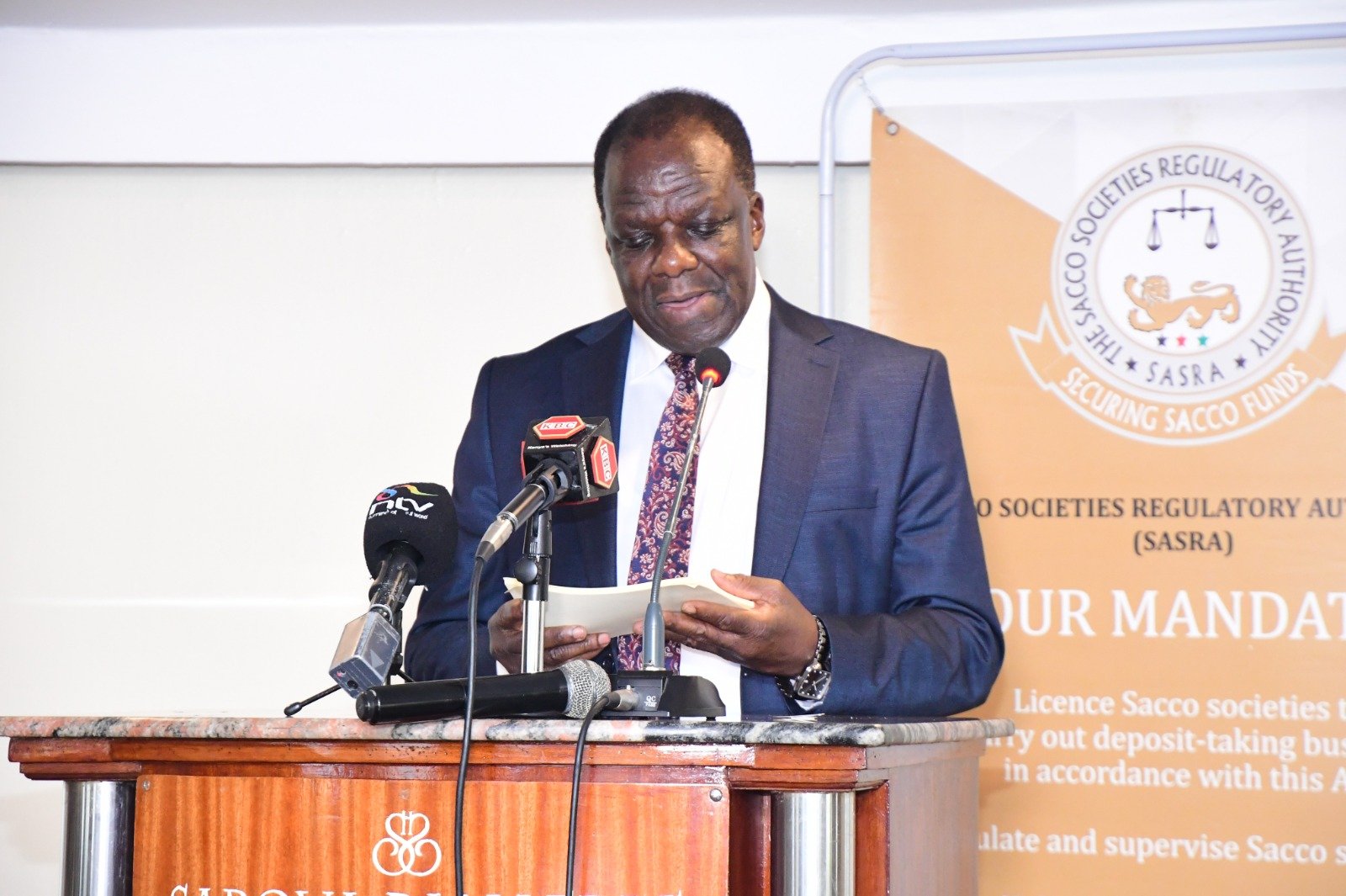Wealth declaration not enough to combat graft

Wealth declaration alone is not a foolproof method to combat corruption, and policy analysts argue that wealth declaration can only effectively curb corruption if it is paired with comprehensive lifestyle audits of public officers at the end of their tenure.
The primary goal of income, assets, and liabilities disclosure is to enhance transparency and trust among public officers.
Young professional Stephen Nyamu Nduvi of the Kenya Institute of Policy Research and Analysis (KIPPRA) says the full potential of lifestyle audits has not been realised in the country.
“Lifestyle audits of public officers have not been fully embraced as a mechanism to monitor changes in wealth from the time they enter public office to the time their tenure ends,” Nduvi explains.
He writes that with corruption as an eminent threat to good governance, fair business competition as well as democratization processes, there is need to build trust between the government, public services and the citizens by putting in place strategies to promote good governance in the management of public resources.
Nduvi also notes that while some institutions have conducted lifestyle audits, these efforts lack credibility because independent regulatory bodies do not carry them out.
Furthermore, conflicts between the Public Officers Ethics Act and the Leadership and Integrity Act of 2012 diminish the effectiveness of these audits. The ethics threshold required by the Public Officers Ethics Act is lower than that set by the Leadership and Integrity Act, leading to inconsistent standards.
The current system does not place special emphasis on state officers who handle large sums of money and are expected to maintain high ethical standards. Instead, it applies broadly to all public officers, diluting its effectiveness. For example, when Parliament vets Cabinet nominees, questions about their net worth and property ownership are raised, as mandated by the Public Officers Ethics Act of 2003. Despite these inquiries, there are significant concerns about how effectively the vetting process addresses the sources of nominees’ wealth.
Sluggish economy
What was particularly concerning is that some Cabinet Secretaries, vetted just last year, managed to increase their net worth by Sh100 million, despite a sluggish economy and unchanged salaries.
Public servants responsible for managing large sums of money should be regularly checked to detect potential embezzlement between the biennial wealth declarations. However, in Kenya, wealth declarations have remained confidential since 2003, accessible only with written permission from the relevant commission, making accountability challenging.
This approach contrasts with countries like Nigeria, where laws allow public access to wealth declaration information, providing a crucial tool in the fight against graft. South Africa and Nigeria have adopted hybrid schemes that require public disclosures when public interest outweighs private concerns. However, enforcement of wealth declaration in Kenya faces strong resistance within the public service, particularly regarding public disclosure.
“Inadequate political support undermines the consensus needed for reforms that could drive change over time,” Nduvi adds. Some countries, such as South Korea, have successfully promoted voluntary compliance as a precursor to mandatory disclosure. In 1993, President Kim Young Sam publicly disclosed his wealth, prompting over 300 officials to follow suit. Later that year, South Korea implemented mandatory wealth disclosure requirements for public officials.
These international examples underscore the importance of political will and public accountability in effectively combating corruption. Without these, wealth declaration remains an incomplete tool in the fight against corruption in Kenya.












